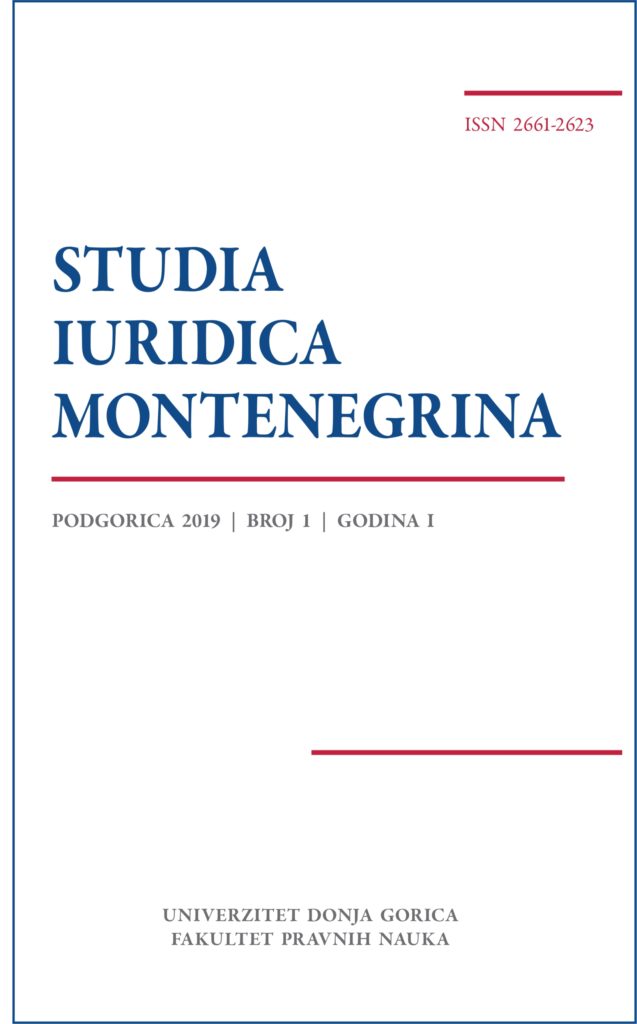Fleksibilizacija radnog prava — izazovi i granice
Flexibilisation of labour law — challenges and boundaries
Author(s): Milica Kovač OrlandićSubject(s): Labour and Social Security Law
Published by: Fakultet pravnih nauka Univerziteta Donja Gorica
Keywords: economic crisis; flexicurity; atypical forms of work; dismissal; labour market segmentation
Summary/Abstract: Flexibilisation of labour law represents a complex process that brings with it numerous challenges. Generally speaking, it implies the abandonment of certain legal solutions in order to allow employers to freely manage their workforce. Flexibilisation has, to a greater or lesser extent, affected numerous labour law institutes, but has, in the first place, influenced the increase in the number of atypical forms of work and the possibility of terminating employment contracts. According to the original idea, this process should have been followed by a guarantee of a certain level of employees’ rights, that is, in addition to flexibility for the employer, it should have also provided certain safety for an employee, but this idea has been lost. The paper, thus, points out that it is necessary to rethink the relationship between the issues of the economic market, on the one hand and lowering the standards that protect the rights of employees, on the other hand. It also points out that flexibilisation must not lead to the abolition of historically realised values and complete deregulation. The author considers the flexibilisation process from the perspective of the challenges it brought with it, primarily, with regard to the protection of employees and the labour market segmentation, therefore, in this context, seeks to determine the flexibilisation limits, bearing in mind that further lowering of labour standards will not significantly improve the economic market.
Journal: Studia Iuridica Montenegrina
- Issue Year: I/2019
- Issue No: 1
- Page Range: 89-104
- Page Count: 16
- Language: Serbian

